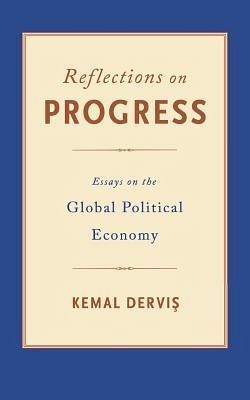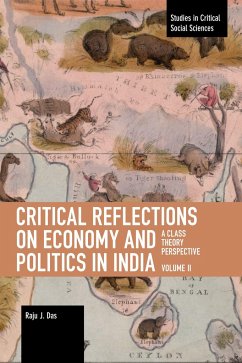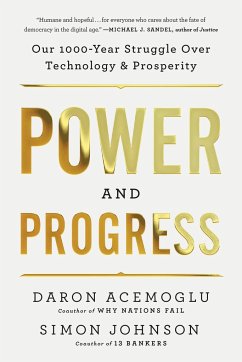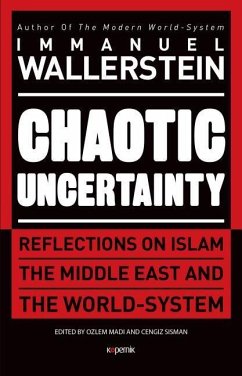
Reflections on Progress
Essays on the Global Political Economy
Versandkostenfrei!
Nicht lieferbar
" Now, more than ever, the world needs policies for growth and equity Is the world giving up on the promise of ever-greater prosperity for all, on functioning democratic institutions, and on long-term peace? Is the special set of circumstances that led to the recent rapid growth in emerging markets unlikely to be present in the future? Will the second decade of the twenty-first century end with "secular stagnation"? Does the rise of authoritarianism, populism, and fanatic nihilism threaten to unravel what has been built painstakingly since the catastrophe of World War II? Kemal Dervis addresse...
" Now, more than ever, the world needs policies for growth and equity Is the world giving up on the promise of ever-greater prosperity for all, on functioning democratic institutions, and on long-term peace? Is the special set of circumstances that led to the recent rapid growth in emerging markets unlikely to be present in the future? Will the second decade of the twenty-first century end with "secular stagnation"? Does the rise of authoritarianism, populism, and fanatic nihilism threaten to unravel what has been built painstakingly since the catastrophe of World War II? Kemal Dervis addresses these and more questions in this thought-provoking series of essays written for Project Syndicate, a forum for commentaries by global leaders and thinkers. The essays are organized around three broad themes: global economic interdependence; inequality and the political economy of reform; and the specific challenges facing Europe. A common thread throughout is the need for policies that foster growth and social inclusion in an interdependent world. If adopted, they offer the potential for another wave of unprecedented human progress aided by breathtaking new technologies. Without them the world risks instability and disruption. The author argues that a main challenge for nations and multinational organizations is to build multilevel institutions above and below, as well as parallel to, the nation-state. These can range from the local to the regional and global, and should include civil society in its many manifestations. The essays synthesize the experience and analysis of a scholar and policymaker with national, regional, and international experience at the highest levels. Dervis exhibits a passion for combining strongly held values with political feasibility. "











